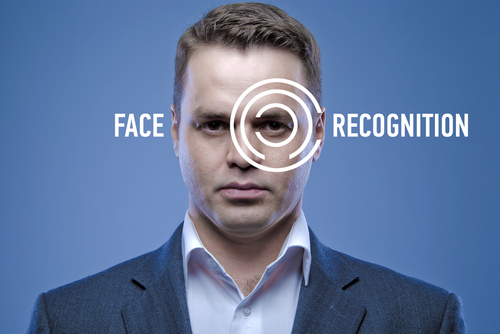Alzheimer’s Patients Suffer from Face Perception Impairment, Study Finds

Face recognition difficulties in Alzheimer’s patients have typically been attributed to underlying episodic and semantic memory impairment. Dr. Sven Joubert, Ph.D., from the Centre de recherche de l’Institut universitaire de gériatrie de Montréal, and colleagues have found that more than causing memory problems, Alzheimer’s also impairs visual face perception, a finding that might help families better understand their loved one’s difficulties.
The article, “A Qualitative Impairment in Face Perception in Alzheimer’s Disease: Evidence from a Reduced Face Inversion Effect,“ was published in the Journal of Alzheimer’s Disease.
Face perception is critical in human communication, and humans have evolved to be able to quickly identify faces. Face perception is believed to depend on the skill to perceive a face as a whole (holistic perception). This ability is in contrast to the local and detailed analysis required to perceive individual facial features, such as the nose, the mouth or the eyes.
To determine if Alzheimer’s patients are also impaired at the perceptual level for faces — specifically at extracting a visual representation of an individual face — Joubert and his colleagues investigated the matching of simultaneously presented individual faces and other non-facial familiar shapes, such as cars. They looked at both upright and inverted orientation in a group of mild Alzheimer’s patients and in a group of healthy older controls matched for age and education.
“The results for people with Alzheimer’s were similar to those in the control group in terms of answer accuracy and the time to process the upside-down faces and cars,” Joubert said in a news release. “To perform these tasks, the brain must perform a local analysis of the various image components perceived by the eye.”
“However, with the upright faces, people with Alzheimer’s were much slower and made more mistakes than the healthy individuals. This leads us to believe that holistic face recognition in particular becomes impaired. Subjects with Alzheimer’s disease also demonstrated normal recognition of the upright cars, a task that in theory does not require holistic processing. This suggests that Alzheimer’s leads to visual perception problems specifically with faces.” This impairment is also perceived in early stages of Alzheimer’s.
The study helps to explain the mechanisms involved in the problem that individuals with Alzheimer’s deal with in terms of recognizing the faces of their family members or close ones. The fact that impaired facial recognition might stem from a holistic perception problem and not just a general memory problem provides clues for therapeutic strategies for patients with Alzheimer’s which can include the recognition of particular facial traits or voice recognition.






